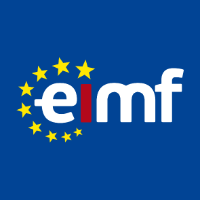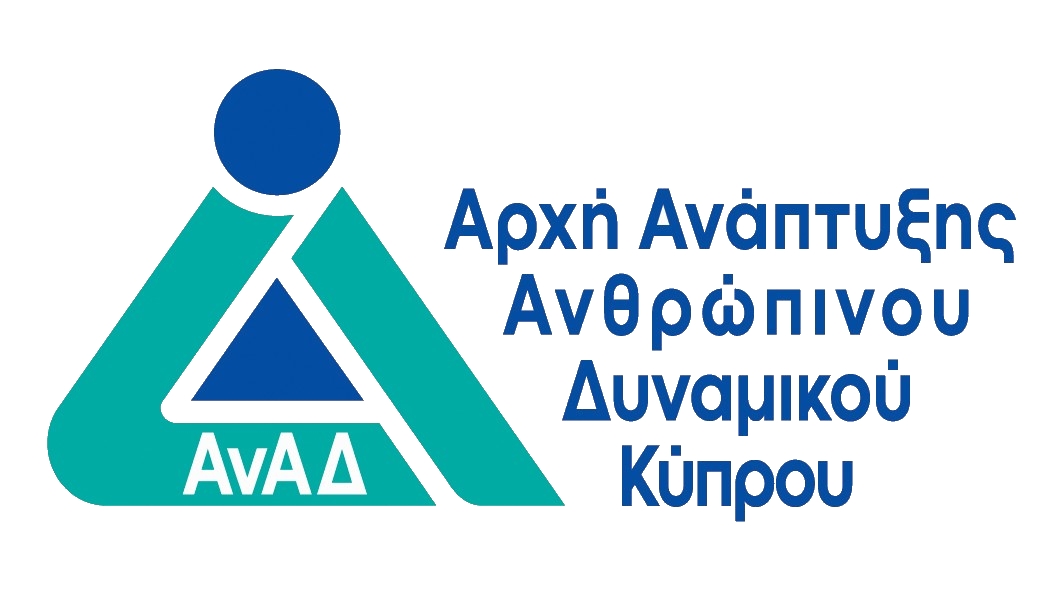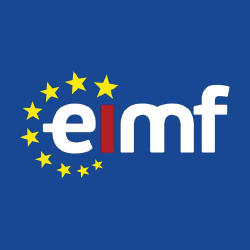
IGCA Certificate in Sanctions Compliance
- Χρηματοοικ. Ασφαλιστικά Τραπεζικά

ΠΕΡΙΓΡΑΦΗ
The EIMF Live Online Learning Experience
EIMF subject-matter experts deliver engaging and interactive courses across a broad spectrum of areas, that can be enjoyed in the comfort of your own chosen environment.
Course Overview
This certification programme aims to provide individuals with the relevant background, tools and information required to hone their skills as AML or compliance professional working for a bank, investment company, financial services provider, or law firm. This programme will provide participants with a solid and practical understanding of the motives and rationale behind sanctions decisions, the resulting effects, and the consequences experienced by targeted individuals and entities and those doing business with them, either directly or indirectly. Moreover, by undertaking this programme, participants will be better prepared for the IGCA Certificate in Sanctions Compliance examination.
ΣΚΟΠΟΣ ΣΕΜΙΝΑΡΙΟΥ
By the end of the programme, participants will be able to:
- Identify the various types of sanctions
- Describe the differences between main sanctions categories
- Identify the institutional and legal framework within which sanctions are decided
- Perform evaluations on the adequacy of sanctions compliance programmes
- Develop a sanctions risk management framework
- Develop and structure the administration of sanctions
- Evaluate the risks relevant with sanctions
- Apply key international guidelines in relation to sanctions risk
- Appraise the relevant systems in monitoring and screening sanctions and identifying sanctions evasion
- Justify the need for a solid sanctions compliance programme
ΣΕ ΠΟΙΟΥΣ ΑΠΕΥΘΥΝΕΤΑΙ
The programme is ideal for:
- Financial crime and regulatory compliance professionals
- Professionals working within the sanctions environment who wish to certify their knowledge
- Operational staff who need to understand the importance of sanctions compliance when dealing with customers and/or transactions
- Regulators
- Consultants
- AML, compliance, and risk professionals
- Anyone working in financial services who is interested in attaining a better understanding of how sanctions work
ΠΕΡΙΣΣΟΤΕΡΕΣ ΠΛΗΡΟΦΟΡΙΕΣ
Training Outline
Introduction
- The trainer introduce itself and the Participants
- Introduction about the course and what to expect
- Training Objectives and Course Structure
- Ice-breaker Activity (Warm-up exercise)
Topic 1 International Economic Sanctions
- Definition of international economic sanctions
- Review of key categories, terms, and concepts
- Understand when, how and if sanctions can be successful.
Topic 2 The International Framework: Multilateral Sanctions
- The United Nations
- The two relevant decision-making bodies within the UN
- Key characteristics of UN sanctions and how effective they can be
- The UN’s past record of sanctions
- The European Union
- Assessing the EU’s sanctions policy
- EU sanctions in response to Russian involvement in the Ukrainian Crisis
- The EU’s new sanction policy
- Financial Action Task Force (FATF)
Topic 3 Unilateral Sanctions: Key Sovereign States
- The legal and institutional framework
- Administration of sanctions
- OFAC’s 50% rule for entities and revising the guidelines
- Key recent legal developments
Topic 4 Managing Sanctions Risk
- Sanctions Risk Assessments
- Sanctions Compliance Programmes
- Mitigating Sanctions Risk
Topic 5 Processes and Systems to Handle Sanctions
- Sanctions Screening
- Name Screening vs. Transaction/Payment Screening
- Sanctions Evasion
Course closure
- Learning activities (Multiple-Choice Questions)
- Closing remarks, Conclusion, wrap-up, Q&A, and discussion
- Course evaluation and feedback
Industry Expert | Adonis Pegasiou
Adonis Pegasiou is the Academic Director of EIMF since May 2019. He holds a PhD in Politics (University of Manchester), an MSc in European Policy Studies (University of Bristol) and a BSc in Economics (London School of Economics (LSE)). Furthermore, he holds the ‘Certified Global Sanctions Specialist’ (CGSS) Certification offered by the Association of Anti-Money Laundering Specialists (ACAMS) and a Diploma in ‘Governance, Risk and Compliance’ (Merit) offered by the International Compliance Association (ICA). Following his doctoral studies, he held positions in the public and private sectors including Cyprus Airways (Head of Chairman’s Office and Non-Executive Board Member), the Secretariat of Cyprus Presidency of the Council of EU, the Embassy of Kuwait in Cyprus (Consultant to the Ambassador) and the Cyprus Cooperative Bank (Non-Executive Board Member – appointed by the Government approved by the Parliament and European Central Bank). In between his professional appointments, Adonis Pegasiou was awarded post-doctoral research funding by the Research Promotion Foundation of the Republic of Cyprus to examine the ‘Europeanisation of Cyprus’s economy’. For the duration of the post-doctoral project, he was based at the EUC Research Centre (Cyprus) and was also a Visiting Fellow at the Hellenic Observatory of the LSE. In addition, he has been involved in numerous research projects, published his work in various peer-reviewed journals and participated in numerous international conferences. Moreover, he has taught at the European University Cyprus (EUC) (2014-2016) and has been an Adjunct Lecturer at the Department of Social and Political Sciences of the University of Cyprus since 2015.
Industry Expert | Anna Damaskou
Dr Anna Damaskou has been the Chair of the Board of Transparency International-Greece since October 2017. Before that, she was a long-standing researcher for Transparency International, while she has been publishing extensively in the fields of good governance and anti-corruption. Before joining the Compliance Department of the Black Sea Trade & Development Bank, where she is currently employed, Dr Damaskou worked for the Greek & Cypriot Desk of the European Central Bank Legal Service, the Hellenic Ministry of Development, the Hellenic Capital Market Commission, as well as the Compliance Department of the National Bank of Greece. Dr Damaskou has carried out post-doctoral research in the University of Luxembourg in the fields of EU financial criminal law and EU Banking Union law, while she holds a PhD degree from the Queen Mary University of London on the criminal protection of the EU financial interests, as well as an LL.M degree from the London School of Economics & Political Science focusing on banking and financial law.
Training Style
The programme is designed to deliver knowledge and enhance participants’ skills via the delivery of essential material, case-studies, practical examples, discussions and learning activities. Most of the training will focus on delivering the syllabus using an interactive approach, encouraging participants to engage in the learning process. Participants will also benefit from feedback through the learning activities and take away the knowledge gained to be transferred to their workplace.
CPD Recognition
This programme may be approved for up to 10 CPD units in Financial Regulation. Eligibility criteria and CPD Units are verified directly by your association, regulator or other bodies which you hold membership.
Assessment Test Information
- Type: Multiple choice, closed book online exam
- Duration: one hour
- Pass mark: 70%
- Attempts: 2
- Number of questions: 40
Αναλυτικό Κόστος Σεμιναρίου
Για Δικαιούχους ΑνΑΔ
- € 530.00
- € 170.00
- € 100.70
- € 360.00
- € 428.40
Για μη-Δικαιούχους ΑνΑΔ
- € 530.00
- € 0.00
- € 100.70
- € 530.00
- € 630.70
ΠΡΟΓΡΑΜΜΑ ΣΕΜΙΝΑΡΙΟΥ
Τρίτη - 03 Μαΐου 2022
Ώρα
10:00 - 16:00
Τοποθεσία:
OnLine Virtual Classroom
Τετάρτη - 04 Μαΐου 2022
Ώρα
10:00 - 16:00
Τοποθεσία:
OnLine Virtual Classroom
 Ελληνικά
Ελληνικά  English
English



 Αγγλικά
Αγγλικά
 10 ώρες
(
2 μέρες
)
10 ώρες
(
2 μέρες
)





























